(Oregon Right to Life) — An Oregon woman who was adopted as a baby and reconnected with her birth mother – decades later and halfway across the country – shared her incredible story of family and identity with Oregon Right to Life. Throughout, she emphasized the generosity of her adoptive parents, the sense of connectedness upon meeting her biological family, and the guiding light of her Christian faith.
Nancy Jones (name changed for privacy) was born on October 12, 1958, in Portland, Oregon, to an eighteen-year-old young woman from the midwest. At the behest of her parents, the young mom agreed to place her baby girl for adoption.
“She wanted to keep me,” Jones told Oregon Right to Life in a phone interview. “And her mom said ‘no, you’re not keeping her…’ Back then you didn’t challenge your parents. You didn’t say ‘no.’”
Jones was adopted less than two months after her birth and raised by her adoptive parents, Newberg-based educators who had been unable to have their own biological children. The couple also adopted a boy, not biologically related to Nancy, whom she would grow up with as her older brother.
RELATED: Idaho Woman Reunites with Birth Mom Who Bravely Chose Life
‘A Very Loving Home’
Jones’ childhood was a happy one.
“I had a great life,” she said. “I had a very loving home… My parents, oh my gosh, they gave me everything. They were the best people to have been my parents.”
Jones told Oregon Right to Life she always knew she was adopted – her adoptive parents never sought to keep it from her. Still, the question of her identity nagged at her. She shared a vivid memory of picking berries in the summertime as a third grader and “wrestling with this rejection” by her biological family.
[Story continues after photos]
[Story continues]
About a year later, while watching television with her parents and grandparents, she burst out with a comment that shook the family: “You’re not my real parents and you’re not my real grandparents.”
Her adoptive parents assured her that they were truly her parents because they adopted her and loved her. But the problem of her identity would continue to bother her as she grew up.
‘You Were Chosen’
Several key moments helped Jones begin to see her adoption in a new way.
Though she had gone to church throughout her life, Jones’ faith in Jesus Christ became stronger and more personal in her early twenties. But when she was twenty-five, she underwent a deep trauma that called on all her resources of faith and prayer when her adoptive father, a source of quiet “strength and stability” in her life – a school principal beloved by parents and children alike – was diagnosed with aggressive cancer. His passing left Jones reeling. She told Oregon Right to Life she had prayed “like crazy” for his healing, and was devastated when he passed, sinking into a deep depression.
But it was this loss, and her spiritual and emotional healing on the other side, that Jones felt God was using to strengthen her conviction about the inherent value of every human life: and the incredible gift that adoption can be.
A few years later, a conversation at a Christian women’s retreat with an acquaintance who had several adopted children further triggered in Jones an appreciation of her own adoption, upending her earlier sense of “rejection.”
“You were not rejected,” the woman told her. “You were chosen.”
These were healing moments for Jones. Understanding the truth about adoption gave her a strong foundation from which to move forward in her life.
Fortified with a stronger sense of her own chosenness, she would later begin to tentatively explore reconnecting with her birth parents.
The Search
For Jones, as for many who were adopted, understanding that she was loved and chosen was powerful – but it did not extinguish her desire to reconnect with the mother who bore her and the extended family members to whom she could trace her biological line.
Finding them wouldn’t be a quick or easy process, but Jones wasn’t daunted. Now married to a loving husband and working as a teacher, she set about to solve the puzzle of her identity.
“I’m a little detective, actually,” she joked. “I put pieces together.” At work, she said, colleagues used to call her “Nancy Drew.”
Jones put herself on national adoption registries and worked to sleuth out what information she could. Ultimately, she successfully submitted a request to the state of Oregon for her original pre-adoption birth certificate.
“Here it came in the mail, and oh my goodness my heart was quivering and my hands were shaking,” she said. “I opened that thing, and there was her name, and [she was] eighteen, and I just started crying.”
She took a few more steps, but suddenly uncomfortable with pursuing the matter further, she gave it up again.
It would be another conversation (this time with her nail technician) that prompted her to take further action. She was then in her forties.
“What are you waiting for?” Jones said her nail technician asked her. “She goes, ‘Nance, you don’t want to take too long and miss her.’”
RELATED: Oregon Lawmakers Unanimously Approve Bill to Establish ‘Oregon Adoption Day’
‘I Believe I’m Her Biological Daughter’
“It wasn’t long after that that the wheels really got in motion for me,” Jones said. She found an online resource and for less than $20 finally came face-to-face with contact information for her mom: Eloise Meyer (name changed for privacy).
Filled with anticipation, Jones finally placed a phone call – but it rang without an answer. Using the second number she had obtained, and buzzing with nervous energy, she placed another call: this one putting her in touch with someone she was able to confirm was her mother’s sister-in-law. She asked the woman if she knew Eloise Meyer – she did.
That’s when Jones dropped the bombshell: “I believe I’m her biological daughter.”
Despite the initial surprise, the two shared a warm conversation. Her mother’s sister-in-law offered to put her in touch with Meyer.
Finally, they could speak to one another. Within moments of talking on the phone, Meyer said words that touched Jones deeply: “I did not reject you. I wanted you.” She told Jones that she thought of her every year on her birthday and had been heartbroken that she wasn’t raising her. She had given her up in obedience to her parents.
From there, plans were eventually made to fly out to the midwest – Jones would finally get to meet her birth mother.
They met. They hugged. Jones learned that she had half-siblings and other extended family members. She looked at photographs of her mother and saw the uncanny resemblance. She learned that, just like herself and her adoptive parents, her biological mom had worked in education. Jones even visited the gravesite where her family of generations past were buried.
Connection
Getting to see and meet her family, halfway across the country, Jones said made her feel “connected. And loved.”
“My life was expanded,” she said. “The desire of my heart is to spend more and more time with my birth mom… I cannot get over… the amount of love I have in my heart for both of my parents – both of my moms. Who knew that there was enough love in your heart to love both mothers? And not favor one over the other?”
For Jones, finding her birth mother wasn’t just a testament to her own detective skills and desire for reconnection – it was God’s providence. And telling her story, she said, is about celebrating the generosity of her adoptive parents and the courage of her birth mother. It’s also about showing the blessing that adoption can be for moms, families, and children, and encouraging women facing unsupported pregnancies to find courage through Jesus.
“If any of you are struggling with an unwanted pregnancy, remember my story,” she said. She urged abortion-vulnerable women to “cling to the Lord the whole time, and deliver that baby safely, so that that baby lives… deliver her into the air, the oxygen of this wonderful world around us.”’

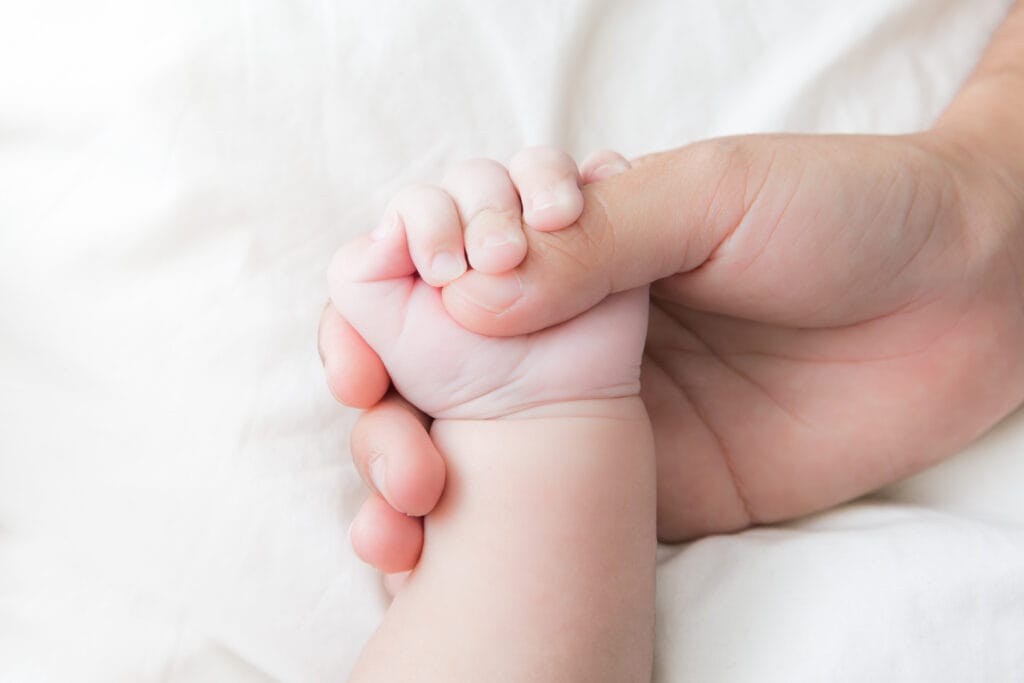
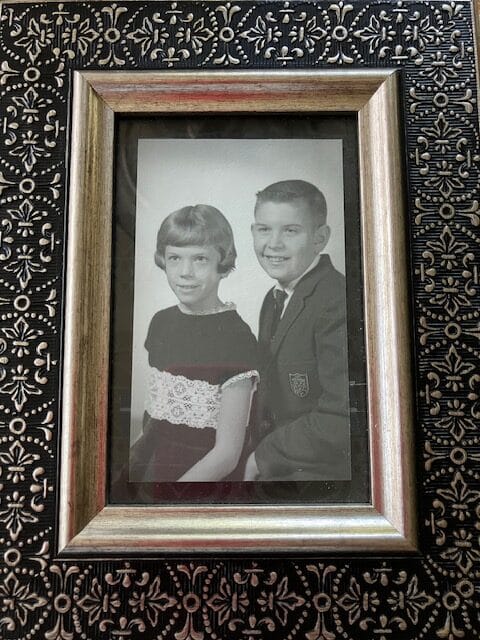
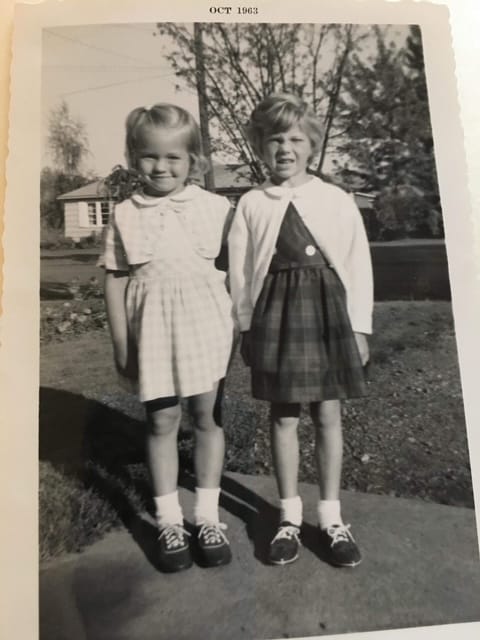
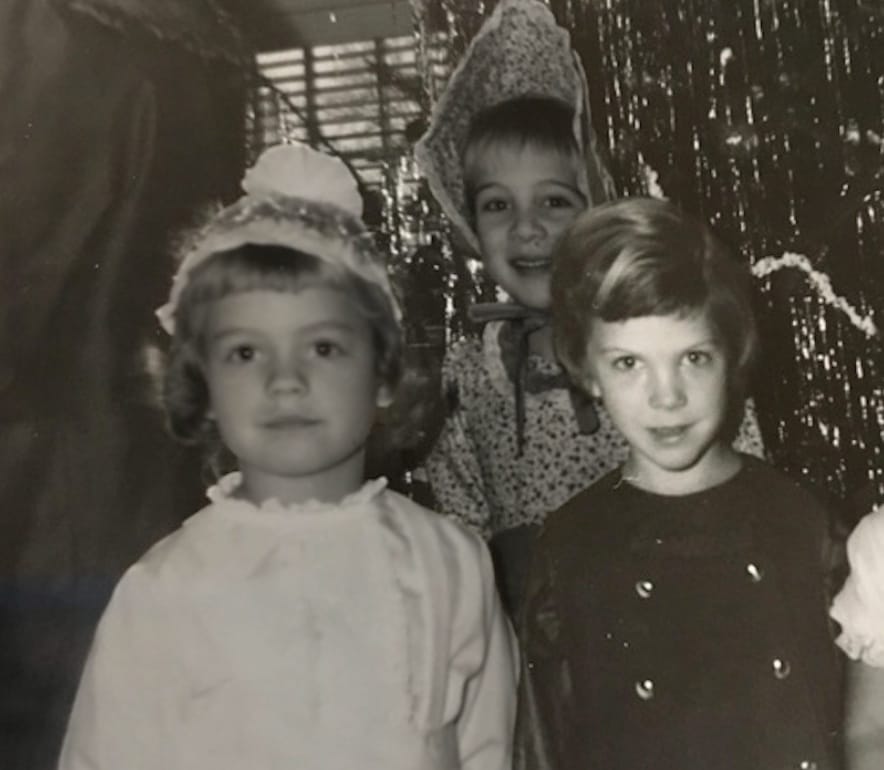
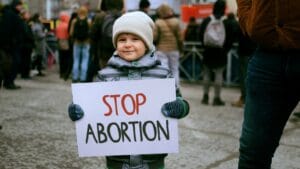

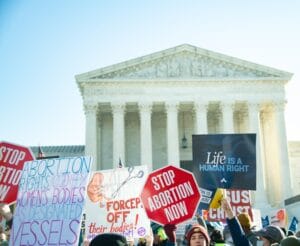
2 Replies to “‘Chosen’: Oregon Woman Shares Powerful Adoption Story”
Is it possible to have this story in a format to share on Facebook?
Hi Roberta, yes! If you click the Facebook icon at the top of the page, or the left-hand side under the byline and date, you should be able to share it on Facebook.
Comments are closed.